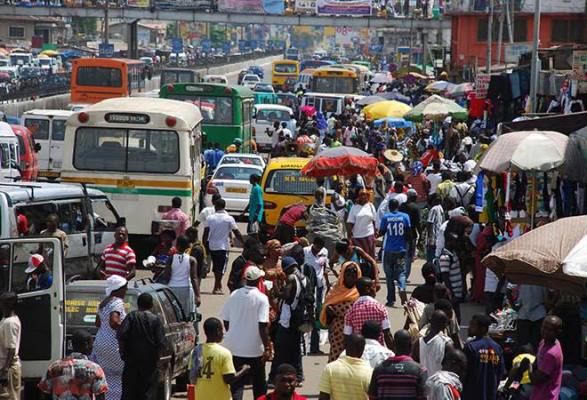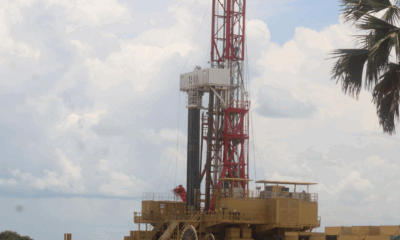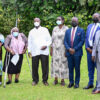Ikebesi Omoding
Time is now to take action about pollution in Kampala

Breathing in the city was difficult, as was visibility. Residents were advised to stay indoors with closed doors and windows to try to avoid the haze-smoke. Politicians blamed each other for the environmental disaster. The people of Uttar Pradesh, the state north of Dehli, especially were being blamed for burning stubble from the cleared harvests as the peasants are preparing their gardens for the next cultivation. Those other people blamed the releases from the uncontrolled industries in the city.
As this hullabaloo went on, one media commentator said that the next victim of pollution was likely to be the cities in Africa. The reference to China was that, previously they had reached smog levels that India was experiencing, but they have managed to control and reduce it. Still, China has not managed to eliminate it all together in some industrial cities, as was in Beijing.
This brought to sharp attention complaints that are common here about dark heavy diesel smoke the heavy trucks and DMCs – dangerous mechanical condition – vehicles are spewing into the atmosphere, and polluting the air. This is in the ever-present traffic jams that the Kampala residents are constantly being subjected to. The smoke-smog pollution in the air is palpable!
As this is going on, the blame has to go to our politicians and industrial investors, too. It is time for them to start fashioning remedies to stem the on-set of smog here. The initial brunt is obviously for the diesel vehicles. Countries like Germany are working on completely getting rid of diesel-run vehicles. But we are still importing them onto our roads with abandon. And there is totally no control on the DMC, thanks to the corruption prevailing in the Police Force.
There is gleeful talk of investing in infrastructure, but for the control of pollution now, it appears to be too little too late. In a great part of the country, the road network cannot be said to make a safe passage for vehicles to spew the smoke on to the atmosphere. Also, there has been investor talk on vehicle manufacture here, but what type of vehicles?
Billionaire developers, like American Elon Musk, are now investing into environmental friendly electric vehicles with a view to having the fuel-run ones completely replaced in the next 20 years. In other words, the exploitation of oil will become redundant; and we are still thinking about this! Still, the technology to run electric vehicle depends on fossil fuels, which should be completely got rid off in favour of hydrogen-run vehicles.
So, our investors in the vehicle industry are already out of sync as they are doing it for the manufacture of fuel-run vehicles. These are the likes of the Kiira car and the Metu Zhongtong Bus Industries, which is said to be making buses. Despite this, both investments seem to be in the talk mode only. A proto-type of the Kiira vehicle that has so far been shown suggests that, that is where it has ended. As for the Metu buses in Namanve, nothing has been heard of them again since the inauguration of the plant.
Again, for the environmentally friendly industries, these vehicles would roll off the assembly lines obsolete. Any investors therefore getting into these businesses should be thinking like Musk. And like Musk, Uganda is a billion-dollar industry, that, if the resources were well-managed, without stealing and laundering it to foreign countries would be enough for the future technologies. Besides, the country has all the other minerals one can think of!
Talk has gone round and round that Uganda has a huge young population – and so it has – capable of being harnessed into productive activities. Whenever this is mentioned, the talk immediately veers off to having this huge task force go into agriculture. True, this may provide environmentally sensitive food products, but where does it put the industrialization aspect of the country?
Put it this way, this country needs major overhauls of certain aspects of its systems. Talk is of the National Planning Authority (NPA) getting Uganda developed by 2040. Yet now, there is no indication that there appears to be the right people and priorities put in place.
One would think of relevant scientific and other technological training for the myriads of the youth. This way, we would be getting rid of the stultified brains of persons whose only pre-occupation is infamy. There is so far nothing from NPA that we are on this path. It may mean that the country has neither gained any knowledge, nor experience from the past 35 years.
Comments

























